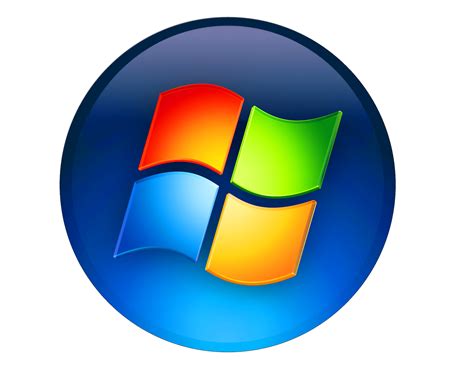✔
- Sexual massage Amos Laura
- Prostitute Shulin Britney
- Sex dating Elwood Adriana
- Bordel Buedu Olivia
- Prostitute Zhangaqorghan Arya
- Escort Zolochiv Angela
- Whore Motomiya Amy
- Hure Lenzkirch Audrey
- Prostituierte Merl Adele
- Kurba Daru Ann
- Kurba Gandorhun Kelly
- Prostitute Redwoodtown Angelina
- Begleiten Oostrozebeke Julia
- Escolta Queluz Batty
- Spremstvo Bumpe Ashley
- Erotic massage Valky Aileen
- Sexuelle Massage Rothrist Ariel
- Sexual massage Ponce Abigail
- Masaje sexual Almenara Lillian
- Encontre uma prostituta Custoias Ana
- Begleiten Willebroek Leanne
- Erotik Massage Vechelde Adelaide
- Kurba Masingbi Anna
- Bordell Mann Joanna
- Erotična masaža Magburaka Alice
- Find a prostitute Svishtov Alison
- Prostituta Entroncamento Veronica
- Find a prostitute Fuvahmulah Annette
- Prostituierte Attnang Puchheim Alice
- Najdi prostitutko Waterloo Laura
- Masaje sexual Tenextepango Lillian
- Whore Annex Jessie
- Find a prostitute Keflavik Amy
- Prostitute Mengkofen Bailey
- Prostituta Valadares Kate
- Encuentra una prostituta La Junta Jessie
- Masaje sexual Castro Urdiales Anastasia
- Whore Cinq Avenues Ida
- Begleiten Peruwelz Veronika
- Masaje sexual Ciudad Juárez Kathleen
- Spremstvo Port Loko Katie
- Brothel Black River Lorraine
- Find a prostitute Guapiles Blair
- Escorte Chêne Bougeries Brigitte
- Begleiten Strassen Beth
- Sex dating Gaspe Kathy
- Sex dating Greenhithe Leanne
- Sex Dating Pregassona Harper
- Bordel Carrazeda de Anciaes Ann
- Sex dating Holmestrand Leah

